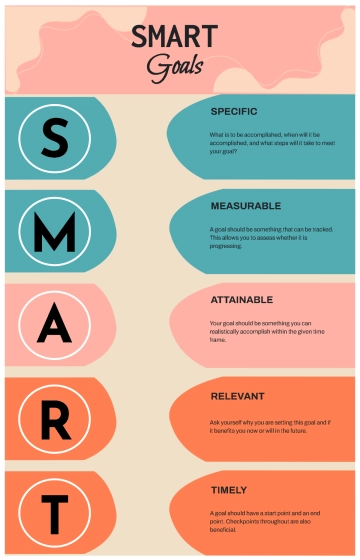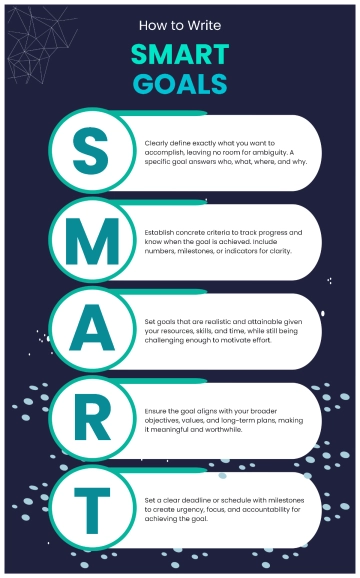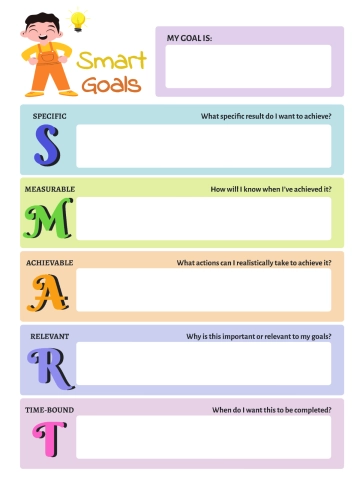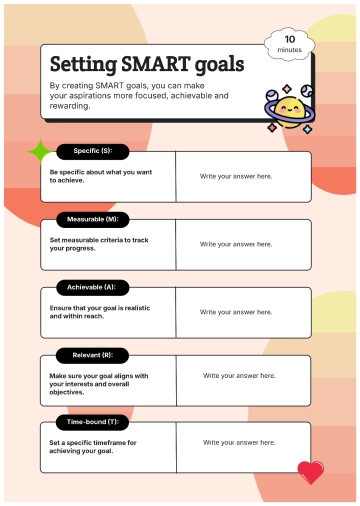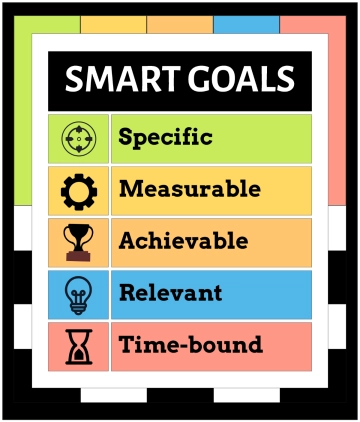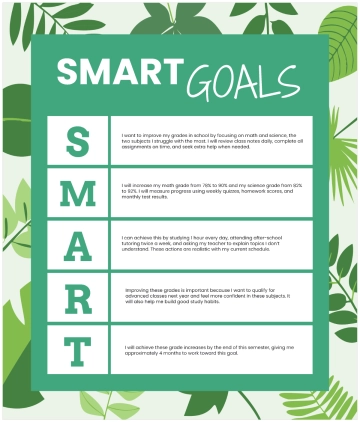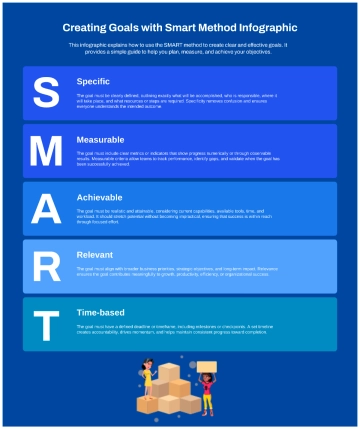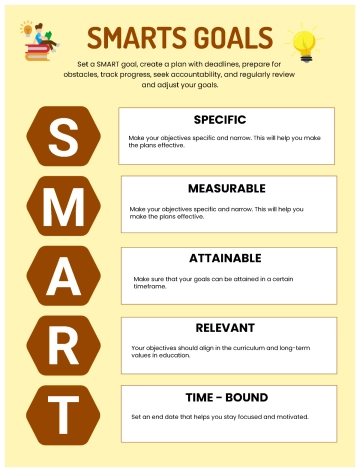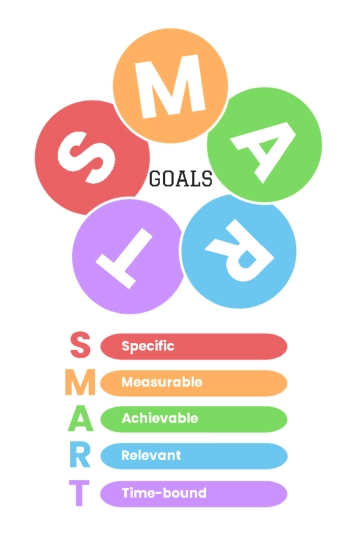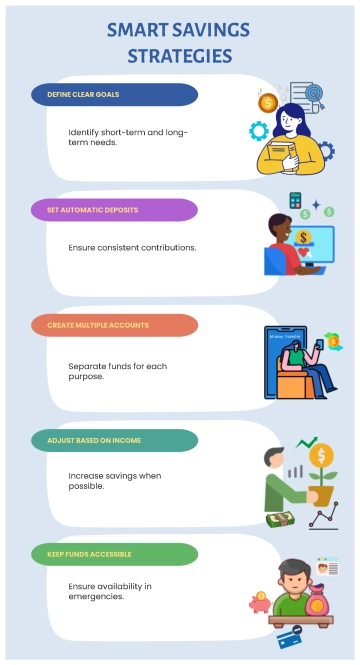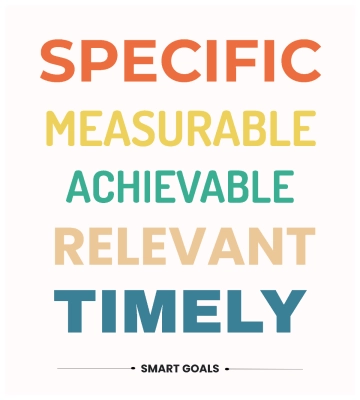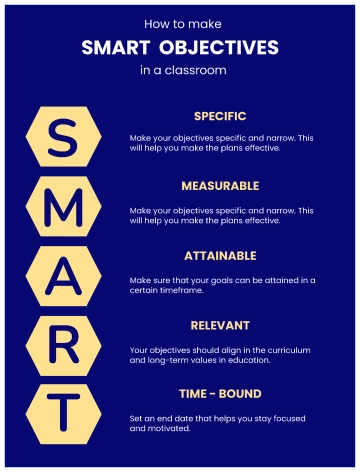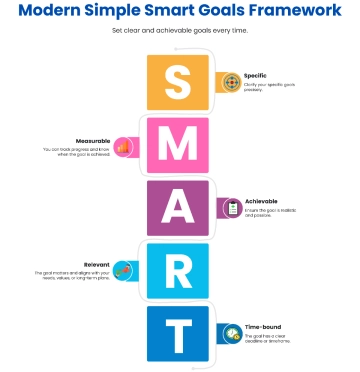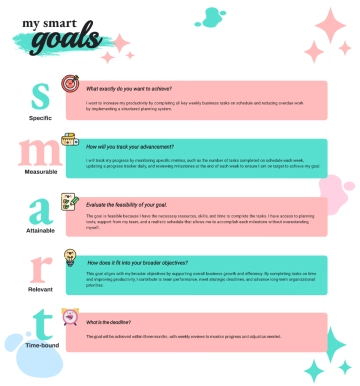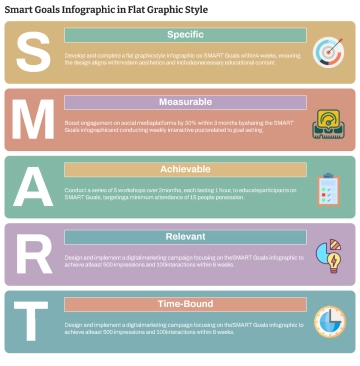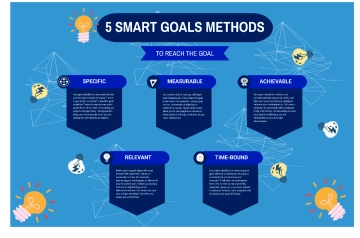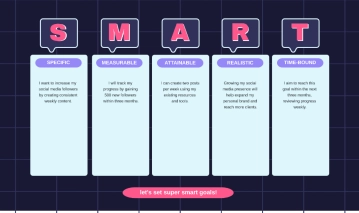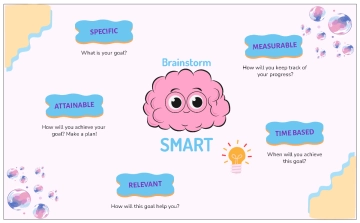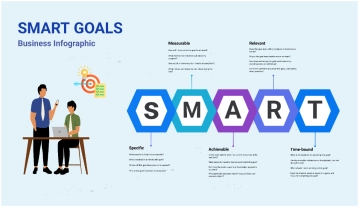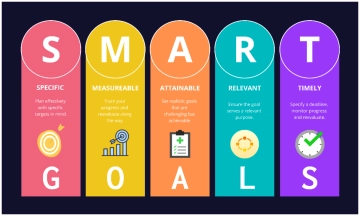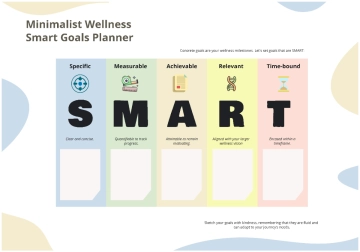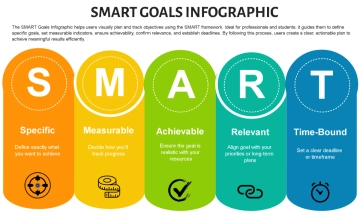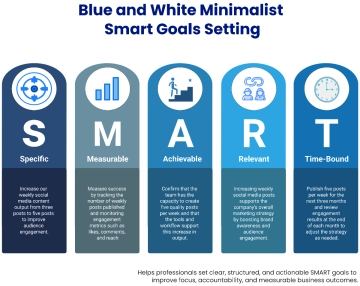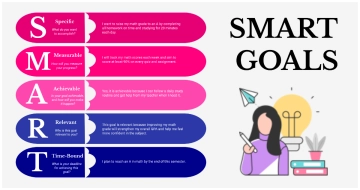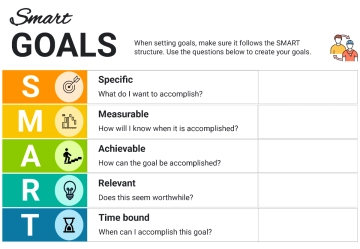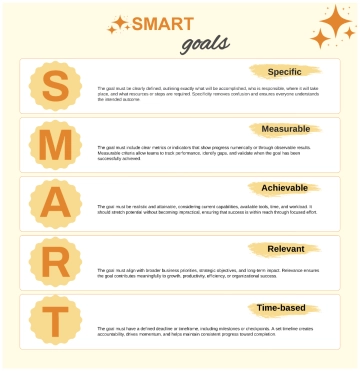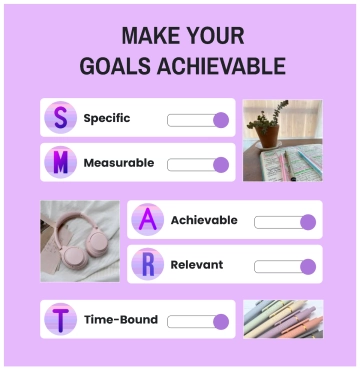Free Business Smart Goal

Section | Description |
|---|---|
S (Specific) | Increase sales revenue by 20% in the next fiscal quarter. This goal focuses on a precise outcome, indicating a clear direction for the sales team. |
M (Measurable) | Track revenue increase through quarterly sales reports. This ensures progress can be quantified and evaluated objectively, providing clarity on success. |
A (Achievable) | Implement new sales strategies and training programs to boost performance. This acknowledges the feasibility of the goal by identifying actionable steps. |
R (Relevant) | Increasing revenue aligns with the company's growth objectives. This goal directly contributes to organizational priorities and long-term success. |
T (Time-bound) | Achieve the 20% revenue increase by the end of the next fiscal quarter. This establishes a specific timeframe, fostering a sense of urgency and accountability. |
Action Plan
Steps to Achieve the Goal:
[Step 1: Specific Action]
[Step 2: Specific Action]
Resources Required:
Human Resources: [Specific Departments/Individuals]
Financial Resources: [Estimated Budget]
Technological Resources: [Specific Tools/Platforms]
Potential Challenges and Solutions:
Challenge: [Potential Obstacle]
Solution: [Proposed Solution]
Milestones:
[Milestone 1: Description by Date]
[Milestone 2: Description by Date]
Success Metrics:
[Metric 1: How to Measure]
[Metric 2: How to Measure]
Accountability
Project Leader: [Project Leader's Name]
Executive Sponsor: [Executive Sponsor's Name]
Team Members: [Team Members' Names]
Review Meetings: Every [Frequency] to assess progress and adjust plans as necessary.
Notes & Adjustments
Initial Observations: [Observations at Project Start]
Adjustments to Plan: [Mid-course Corrections and Adjustments]
Post-Completion Review: [Date for Review] - What was learned and what can be improved for next time.
- 100% Customizable, free editor
- Access 1 Million+ Templates, photo’s & graphics
- Download or share as a template
- Click and replace photos, graphics, text, backgrounds
- Resize, crop, AI write & more
- Access advanced editor
